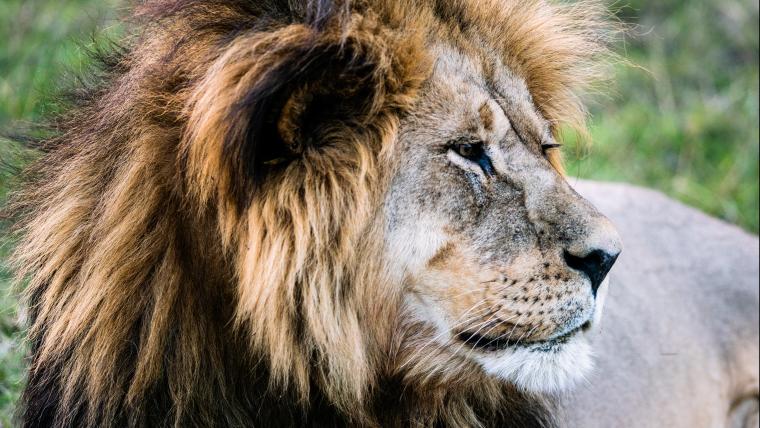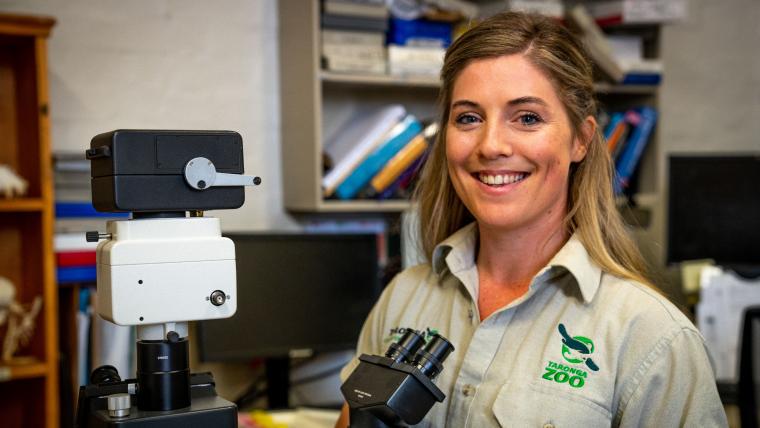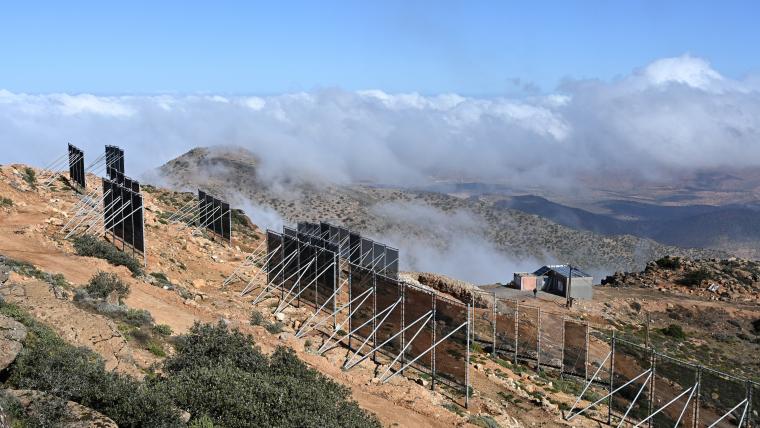
This foster mom is hatching a plan to save the penguins
Less than a century ago, there were a million African penguin breeding pairs in South Africa. That number has since dropped to less than 20 000. As commercial fishing depletes food supplies, the flightless birds have to travel further away from their colonies to eat. During moulting season, the loss of waterproof feathers leaves mature penguins unable to swim as far to feed themselves and their young, leading to more deaths. Listed as endangered in 2010, the South African National Biodiversity Institute estimates that African penguins could be extinct in the next 15 years. In an effort to help, Sibongile George is hand-rearing chicks from eggs, saving those who can’t make it on their own.
George began working as a cleaner for the Southern African Foundation for the Conservation of Coastal Birds (SANCCOB) in 2013. Having never worked with birds before, she took to them like a duck to water. “I’ve learnt that it doesn’t matter where you come from or what you do. We all have a responsibility to take good care of our animals,” she says. Now a bird rehabilitator, George prepares fish and formula for the chicks, safely moves injured birds, nebulises those with chest problems and creates a clean, safe place for eggs to hatch. The grown-up penguins have no trouble integrating back into the wild because the rearing closely mimics their natural processes.
Together with SANCCOB, George is working to undo years of damage from the behaviour of people. It’s a slow process. Oil spills and marine pollution are just the tip of the iceberg. Years ago, the accumulation of seabird droppings which penguins use for nesting burrows was stripped and sold as agricultural fertiliser, leaving penguins to breed on open ground where they were exposed to extreme temperatures and predators. Their eggs were also collected for human consumption. While both of these practices are now banned, there’s still a long way to go to recover the declining population. Yet George remains hopeful that we will see improvement if we just try. “Nothing we do for the animals will ever be too small,” she says. Her work is proving that while human interference caused these penguins harm, it can also save them.






























Please sign in to leave a comment